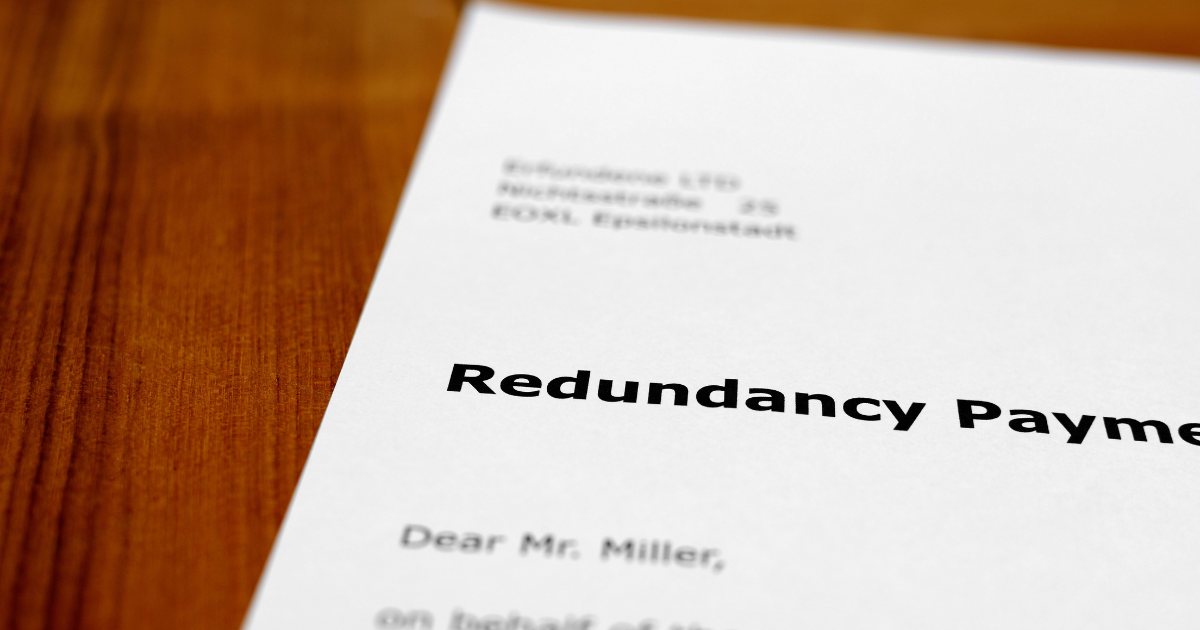Redundancy can hit you hard, professionally, and emotionally. Whether it came out of the blue or was something you saw coming, being made redundant can shake your confidence, disrupt your routine, and leave you unsure of what comes next. But the truth is, redundancy is not the end of your career. In many cases, it’s an unexpected turning point that leads people to better roles, stronger growth, and more fulfilling work.
At iMultiply, we speak to finance professionals across the UK every day, many of whom have faced redundancy, and we also help them find what comes next. We’ve seen firsthand how a period of uncertainty can become a powerful opportunity to reset, reflect, and relaunch with intention.
So, here’s how to begin your recovery, and how we can support you at every stage.
1. Allow yourself time to process
Redundancy can feel personal, even when it’s not. Whether it is due to restructuring or economic shifts, many businesses across industries have been making tough decisions in recent years. Give yourself permission to feel whatever comes up – frustration, sadness, or even relief – before rushing into what’s next.
Recruiter’s Tip: If you need someone to talk to, reach out to an industry expert or a mentor in your network. You’re not alone, and it’s okay to ask for help.
2. Reconnect with your strengths
It’s easy to lose confidence after redundancy, but it doesn’t mean your skills are any less valuable. In fact, most employers value resilience, adaptability, and experience more than ever.
Start by writing down:
- Your achievements in your last role
- What colleagues or managers often praised you for
- Projects you led or supported and the tangible results you contributed to
This reflection helps you focus on what you can bring to the table, and it will become excellent material for your CV and interviews.
3. Review and refresh your CV & LinkedIn
Redundancy recovery is a great time to realign your CV to where you want to go next. Highlight your most relevant experience, certifications and membership (like ACCA, CIMA), and how you’ve added value to the business you’ve been in; whether that’s improving processes, saving money, or leading audits.
It’s also a great time to prioritise what matters most for the next step of your career. If you need ideas- this is a great place to start.
Need help with this? We’re more than happy to offer feedback on your CV or LinkedIn – no strings attached.
4. Upskill if you can and want to
If time and finances allow, short online courses can help boost your confidence and marketability and is a great step of redundancy recovery. Popular options for finance professionals include:
- Power BI or Excel for data analysis
- Financial modelling
- Tax updates or payroll compliance
- Leadership skills for finance managers
- AI use in finance – we recommend this one!
Even completing one course can give you a fresh sense of momentum and set you apart from the rest of the talent out there.
5. Work with a specialist recruiter (That’s us!)
One of the most effective ways to bounce back after redundancy is to partner with a recruiter who understands your industry. We know the finance and accountancy market inside out, and we can help you:
- Identify roles that match your experience and goals
- Tailor your applications to stand out
- Prepare for interviews and salary discussions
- Make introductions to key players in the industry
We also know which employers are open to candidates that have experienced redundancy, and how they are placed to help you get back to what you love!
When a door closes…
Redundancy is tough, but it doesn’t define you. Many finance professionals in the UK are finding new direction, strength, and new opportunities on the other side of redundancy. We’re here to help you do the same.




